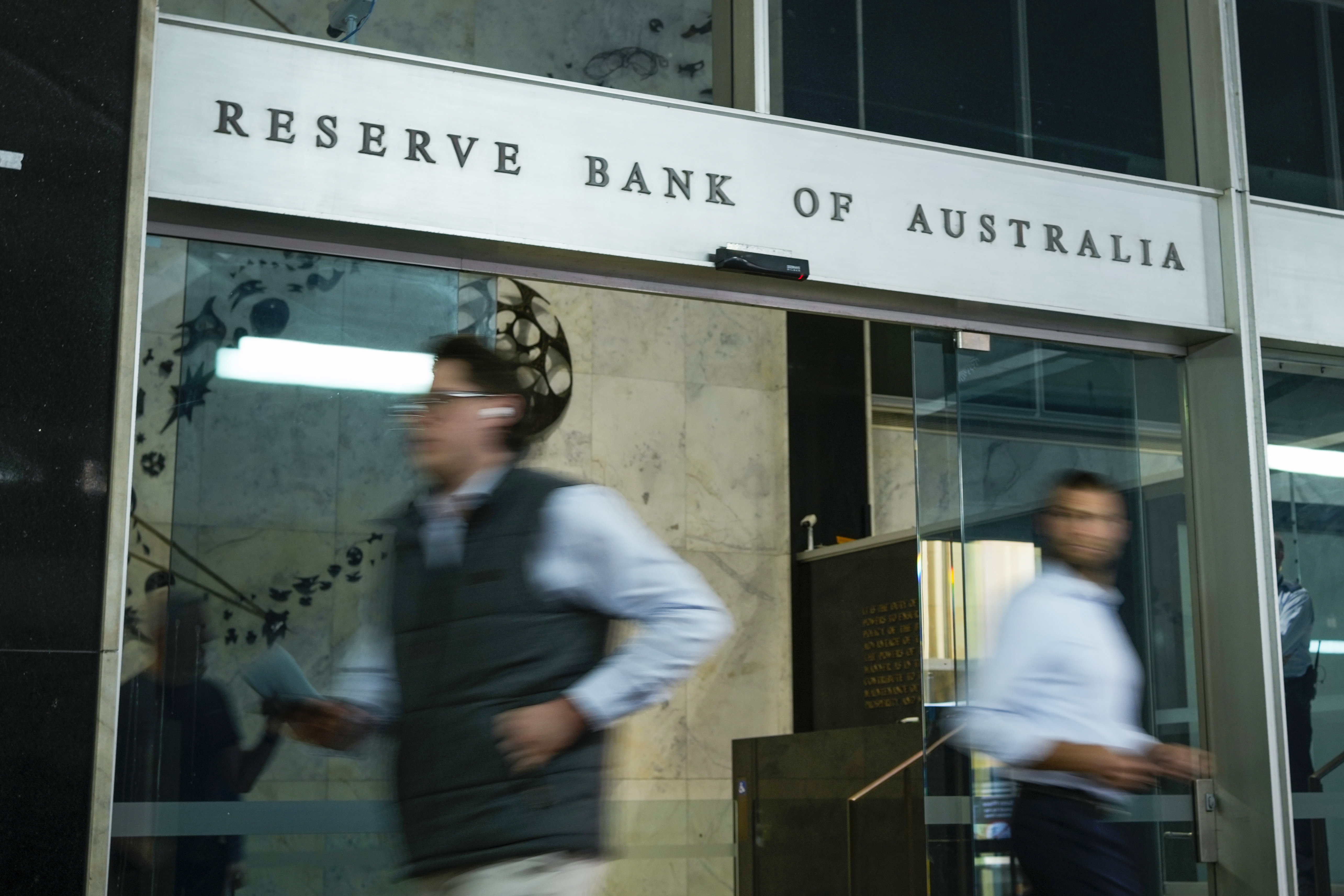Australia would benefit from an overhaul of its tax system, including scrapping billions in capital gains and superannuation concessions, according to one of the world's leading economic bodies.
In its yearly report on the Australian economy, the International Monetary Fund (IMF) said the breaks should be removed in order to ease our high level of personal income tax and company tax rates.
"Tax reforms should target system efficiency and fairness, reducing reliance on direct taxes and high capital costs that hinder growth," it wrote.
READ MORE: Mum of girl killed in buggy crash says jail term for driver a 'slap in the face'
"Tax breaks, including from capital gains tax discount and superannuation concessions, could be phased out to generate a more equitable and efficient tax system."
Those two breaks alone are worth slightly over $70 billion a year – Australians claim about $19 billion in capital gains tax and $52 billion in superannuation concessions.
Capital gains is a particularly hot topic at the moment, following reports last week that Treasury is modelling the cost of a potential overhaul to tax breaks provided to investment property owners.
Often used alongside negative gearing, the capital gains discount was introduced in 1999 and critics say it is one of the leading contributors to surging home prices.
The IMF said it supported a review of those tax breaks, provided it came as part of a wider strategy to tackle the housing prices.
READ MORE: 'I have left the building': Aussie TV star announces her own death
"A comprehensive strategy is essential, focusing on increasing construction worker supply, relaxing zoning and planning restrictions, supporting the built-to-rent sector, expanding public and affordable housing, and reevaluating property taxes (including tax concessions to property investors) and stamp duty to promote efficient land use," it said.
The wide-ranging report also supported the Reserve Bank's current interest rate settings.
READ MORE: Billionaire accused of head-scratching beach theft
It warned the federal government against injecting too much cost-of-living relief into the economy, saying it could risk inflation going in the wrong direction and causing interest rates to stay higher for longer.
But the IMF also welcomed the government's second-straight budget surplus, and said the current economic slowdown will likely be reversed in 2025 on the back of increased growth, improving real wages, and inflation coming back to target by the end of the year.






